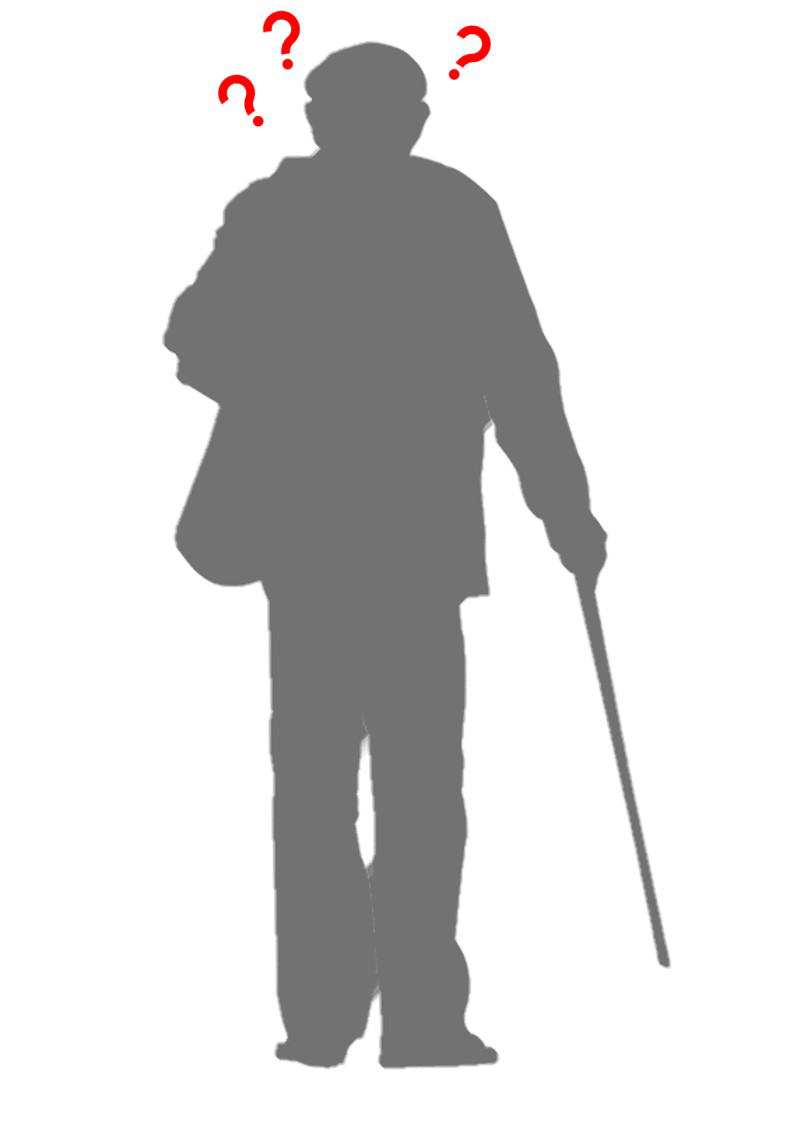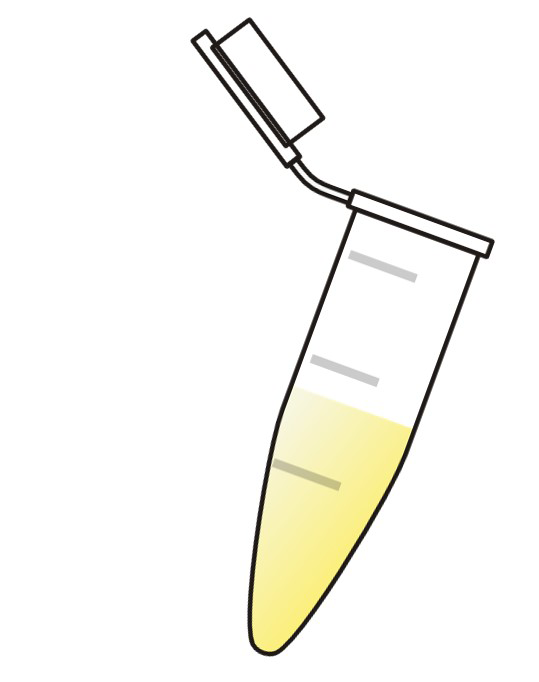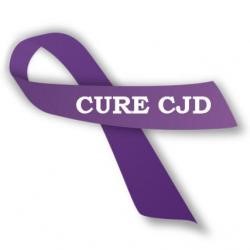About Us
Pakistan CJD Foundation is a non-profit organization created by a group of Pakistanis who have either lost someone to Creutzfeldt-Jakob disease (CJD) or are actively involved in developing strategies to tackle it. As an associate member of CJD International Support Alliance, we are trying to align our efforts with those of the international community and spread awareness about CJD in Pakistan and develop a support system for families struggling to find answers about it. This page aims to provide basic information about CJD and Pakistan CJD Foundation.

Dementia in Pakistan
Dementia, characterized by a decline in memory and related mental capabilities, is becoming increasingly common in Pakistan. Reported cases have risen to 0.2 million over the last decade and these numbers are expected to increase with the increase in life expectancy . However, the medical conditions leading a patient towards dementia have received little attention. It might occur due to Alzheimer’s disease, Parkinson’s disease, vascular irregularities, and several other pathologies. The most aggressive variants of dementia generally arise from rare prion diseases like CJD that feature a faster decline in memory and shorter survival times. These features offer a very short window for diagnosis and are proving to be a challenge for countries like ours where access to medical facilities is unequally distributed, awareness is limited, and superstitions/ traditions derive treatment plans. As a result, the presence of CJD in Pakistan has been widely discredited until recently2,3,4.
What is Creutzfeldt-Jakob disease?
CJD is one of the rare prion diseases known to exist in humans and animals. Its animal variant, mad cow disease, has been a repeated cause of concern in the past in our country however, almost all of our population is oblivious to the fact that humans can also suffer from prion diseases. It may occur due to genetic causes (genetic), contact with infectious tissue/ instruments (iatrogenic), consumption of contaminated meat (variant), or other undefined causes (sporadic).
1 Adamson, M. M., Shakil, S., Sultana, T., Hasan, M. A., Mubarak, F., Enam, S. A., & Razi, A. (2020). Brain injury and dementia in Pakistan: current perspectives. Frontiers in neurology, 11, 299.
2 Shahid, R., & Shafqat, S. (2018). Biopsy proven case of Creutzfeldt-Jacob disease from Pakistan. Pakistan Journal of Neurological Sciences (PJNS), 13(1), 32-34.
3 Ahmad, A., Rao, F., & Aieshah, S. (2014). Two cases of Creutzfeldt-Jakob disease from an ongoing dementia registry in Pakistan. Journal of the Pakistan Medical Association, 64(6), 705-7.
4 Khan, S., & Khan, S. (2021). Sporadic Creutzfeldt-Jakob disease: Diagnosing typical and atypical presentations under limited circumstances. Dementia and geriatric cognitive disorders, 50(1), 36-42.
Symptoms

Sporadic CJD is the most common variant –
Its average age at onset is 60 to 65 years and the average disease duration is 4 – 5 months. Symptoms include the following.
- Forgetfulness.
- Dizziness.
- Mood changes.
- Sleep disturbance.
- Visual disturbances.
- Speech impairment.
- Myoclonus (muscle spasms).
- Impaired swallowing.
- Loss of speech/ vision/ mobility.
As the disease progresses, the patient losses awareness. The progression is equally, if not more, burdening for family members psychologically who lose a loved one while struggling to identify the disease.

What is the cause of Creutzfeldt-Jakob disease?
Similar to viruses, proteins also can replicate in our system and cause diseases. Unlike viruses, however, these rogue proteins arise from physiological proteins that are necessary for our functioning. The disease occurs when they change the way they are folded, and these misfolded proteins can interact with their physiological counterparts to replicate their newly acquired folding. All misfolded variants clump together to form aggregates that act as roadblocks in the communication and functioning of our cells. The affected cells die leading to the symptoms of the disease. In the case of CJD, the affected protein is the cellular Prion protein, and it aggregates deposits in the brain, kills cells and leads to the presentation of spongy tissue filled with aggregated proteins.
How to diagnose and treat CJD?
Neurologists perform a number of tests to identify CJD. The patients undergo brain imaging and Electroencephalography that identify structural and functional abnormalities in the brain. A lumbar puncture is also performed to take CSF samples and quantify biomarkers through a test called RT-QuIC. However, this test is not available in Pakistan yet.
As far as the treatment is concerned, there are no proven drugs to cure CJD. Several research groups are focusing their efforts to find a drug to target it but at present, doctors can only prescribe medications to treat the symptoms and make the patient comfortable.

Is CJD contagious?
The infectious proteins are present in significant quantities only within the central nervous system. Therefore, if diseased tissue or CSF samples are to be introduced directly into the central nervous system of a healthy individual, it may cause disease. Surgical instruments need to be cleaned thoroughly to prevent the spread through this route. Transplant of tissues in and around the brain can also cause the spread of CJD from patients to healthy individuals. Additionally, for certain types of CJD, the disease may also spread through blood transfusions from an affected individual.
Can CJD be acquired from animals?
Yes. Variant CJD is acquired by the consumption of meat of animals suffering from mad cow disease (formally known as Bovine Spongiform Encephalopathy). The duration of variant CJD, 14 months, is longer than sporadic CJD and it is known to occur in the younger population (average age of 29 years).
Team
Our Team

Dr Aneeqa Noor
Founder and Scientific Director
Dr Saima Zafar
Medical Advisor
Dr Noor ul Zaman Rafiq
Mental Health Specialist
Mr Qaiser Mehmood
Family Contact
Dr Abida Ayesha
PR AdvisorContact
Contact Us
Location:
Pakistan
Email:
1. info@pakistancjdfoundation.org
2. aneeqanoor@gmail.com
